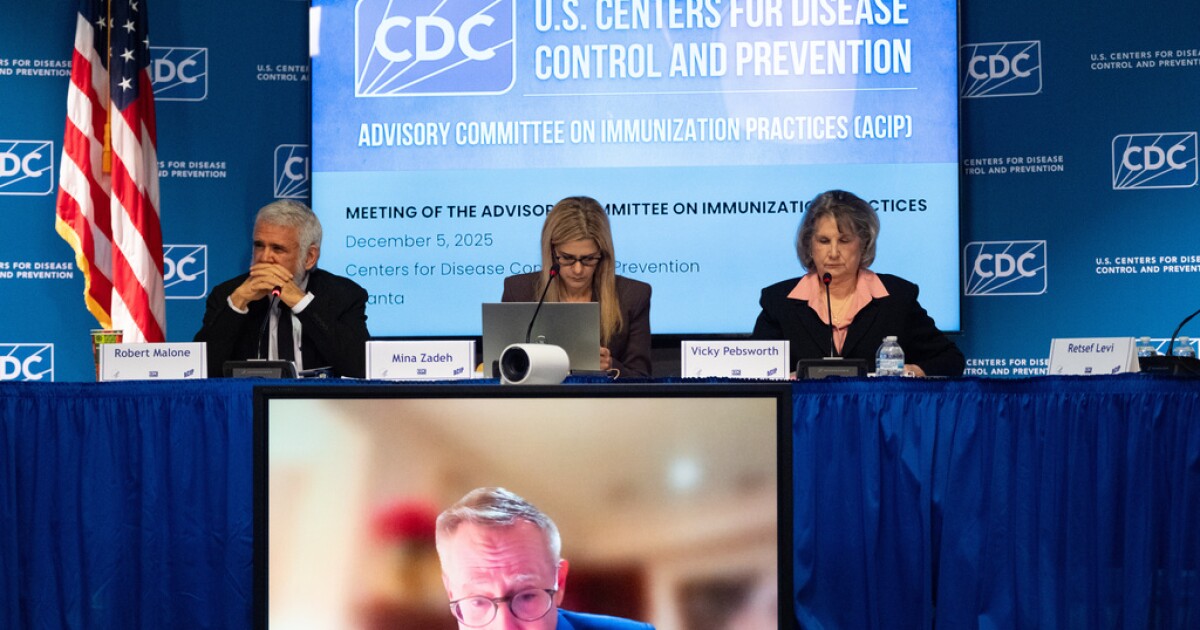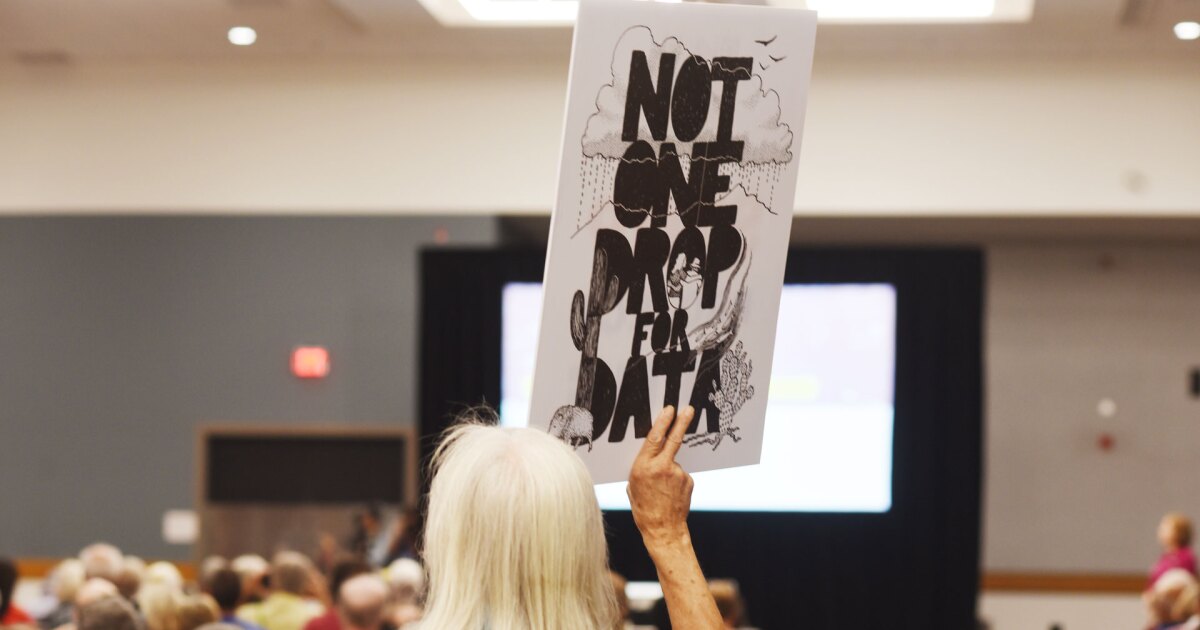The U.S. Department of Health and Human Services (HHS) is currently examining a case involving the University of Michigan Health system and a former employee who claims she was dismissed for her religious objections to providing gender-affirming care to transgender patients. This investigation shines a spotlight on the ongoing tension between religious beliefs and medical obligations in healthcare settings.
Valerie Kloosterman, a physician assistant who was let go by the University of Michigan Health system, has become a central figure in this debate. According to her legal representatives, Kloosterman sought a religious exemption from participating in “sex-obscuring surgeries” and using pronouns that contradicted her understanding of human biology. Her request, however, was denied, leading to her termination and subsequent lawsuit against her employer in 2021. More about her case can be found here.
HHS made public its investigation into the health system’s actions on Friday, though it refrained from naming the institution to preserve the integrity of the investigation. Nevertheless, the University of Michigan Health system has acknowledged receipt of a compliance review notice from HHS and has expressed its intention to cooperate fully.
Kloosterman’s attorney, Kayla Toney from the First Liberty Institute, expressed satisfaction with HHS’s involvement, emphasizing the importance of federal statutes that protect religious healthcare providers. “We are pleased to learn that the Department of Health and Human Services is taking its responsibility seriously to enforce the federal statutes protecting religious health care providers,” Toney stated.
Kloosterman’s case has attracted significant attention from religious freedom advocates, particularly as it raises questions about the extent to which healthcare professionals can cite religious beliefs to abstain from specific medical procedures. Her legal journey began in 2022 when she filed a complaint with the U.S. District Court for the Western District of Michigan. The health system’s attorneys have denied her allegations, insisting that arbitration should resolve the dispute, as per her employment contract.
The legal matter took a turn in April 2024 when U.S. District Judge Jane Beckering ruled in favor of the health system, dismissing Kloosterman’s case and directing it towards arbitration. Kloosterman has since appealed to the U.S. Court of Appeals for the Sixth Circuit, which heard arguments earlier this year. Various religious organizations have rallied behind her, submitting briefs in support of her position.
HHS’s Office of Civil Rights is now assessing whether the University of Michigan Health system’s actions contravened “conscience protection laws” known as the Church Amendments. While these laws primarily address issues such as abortion and sterilization, Jay Kaplan, an ACLU of Michigan attorney, warns about the broader implications of allowing healthcare providers to refuse treatment based on religious beliefs.
Kaplan cautions that such allowances could lead to discriminatory practices, potentially jeopardizing patient safety. “You don’t want to see a situation where a health care provider might refuse to transport a patient because she’s in need of an emergency abortion procedure,” he explained. “Once we open that door, then you can provide a license for discrimination in any context, based on religious belief.”
The case is seen as indicative of broader trends within the Trump administration, noted by Kaplan as part of a wider strategy to challenge protections for marginalized communities, particularly transgender individuals, even in states like Michigan where gender-affirming care remains accessible and legal.
—
Read More Michigan News










